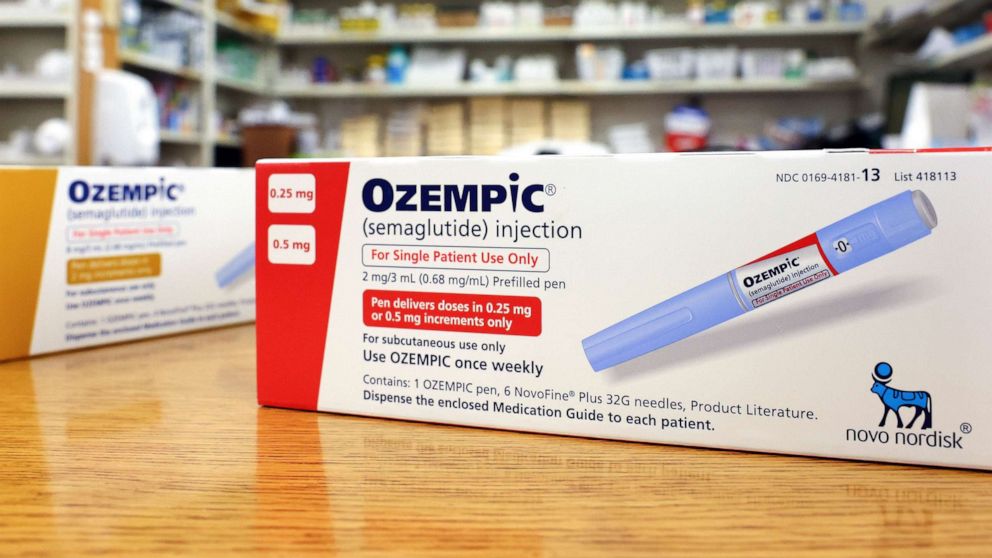The pharmaceutical company Novo Nordisk, which manufactures the weight loss drugs Ozempic and Wegovy, has recently filed a lawsuit against several companies that produce compounded and off-brand versions of these medications. The lawsuit alleges that these companies are infringing on Novo Nordisk’s patents and trademarks, and are therefore engaging in unfair competition.
Ozempic and Wegovy are both injectable medications that are used to treat obesity and help patients lose weight. They work by mimicking the effects of a hormone called glucagon-like peptide-1 (GLP-1), which helps regulate appetite and metabolism. Both drugs have been approved by the U.S. Food and Drug Administration (FDA) for use in adults with a body mass index (BMI) of 30 or higher, or a BMI of 27 or higher with at least one weight-related medical condition.
However, some compounding pharmacies and other companies have begun producing their own versions of GLP-1 agonists, which they claim are just as effective as Ozempic and Wegovy but at a lower cost. These products are often marketed as “customized” or “personalized” medications that are tailored to the individual needs of each patient.
Novo Nordisk’s lawsuit argues that these compounded and off-brand versions of GLP-1 agonists are not only infringing on the company’s intellectual property rights, but also potentially putting patients at risk. The company claims that these products have not undergone the same rigorous testing and regulatory approval process as Ozempic and Wegovy, and may therefore be less safe and effective.
In response to the lawsuit, some proponents of compounded medications have argued that these products can be a valuable alternative for patients who cannot afford or tolerate brand-name drugs. They also point out that compounding pharmacies are regulated by state boards of pharmacy, which oversee their quality control and safety standards.
However, others argue that the rise of compounded and off-brand medications is a symptom of a larger problem in the U.S. healthcare system, where the cost of prescription drugs continues to skyrocket. According to a recent report by the Kaiser Family Foundation, the average cost of a brand-name prescription drug in the U.S. increased by 58% between 2012 and 2017, while the average cost of a generic drug increased by 37%.
As the debate over the use of compounded and off-brand medications continues, it remains to be seen how the courts will rule on Novo Nordisk’s lawsuit. In the meantime, patients who are considering using these products should be aware of the potential risks and benefits, and should consult with their healthcare provider before making any decisions about their treatment.



